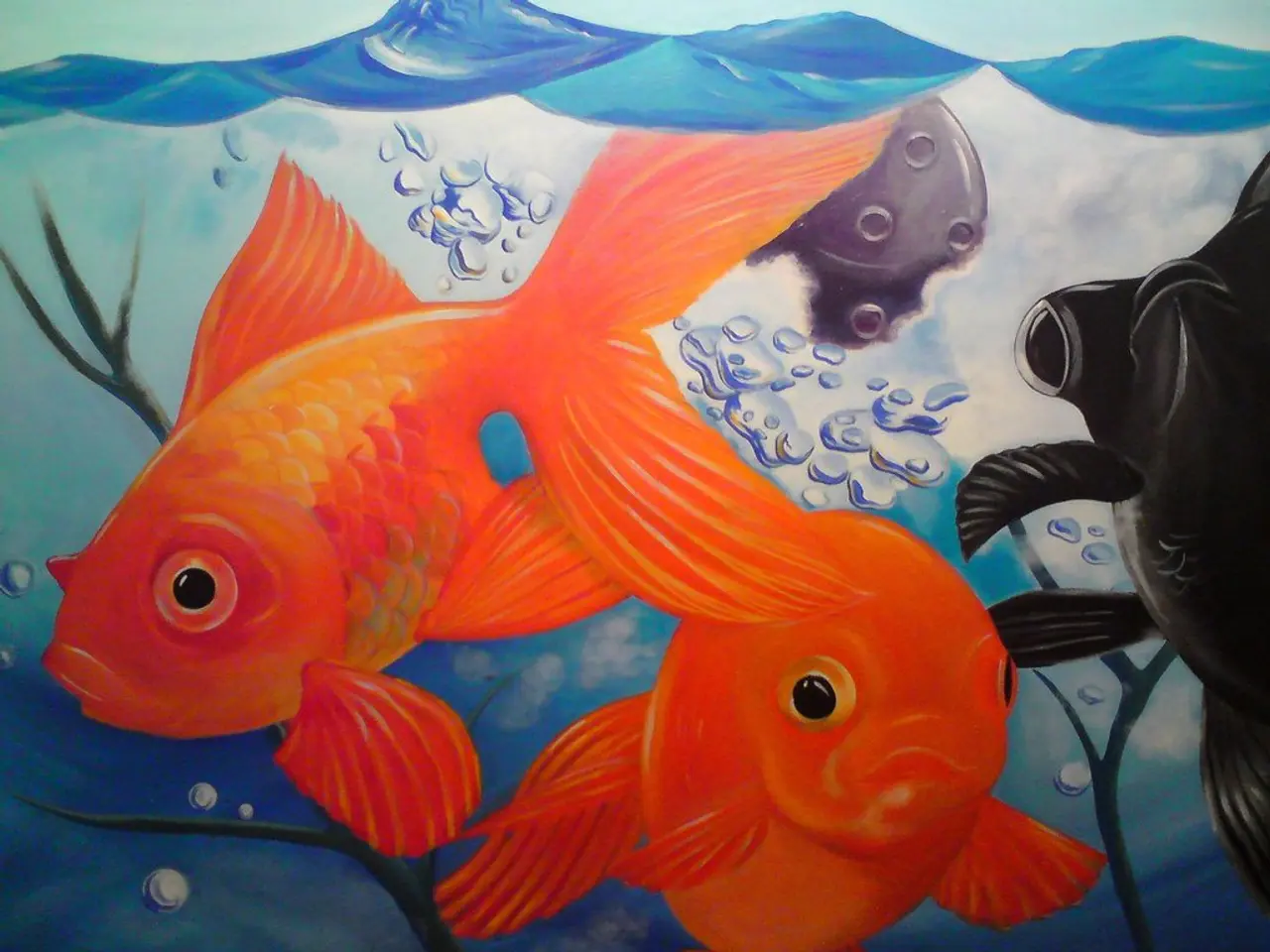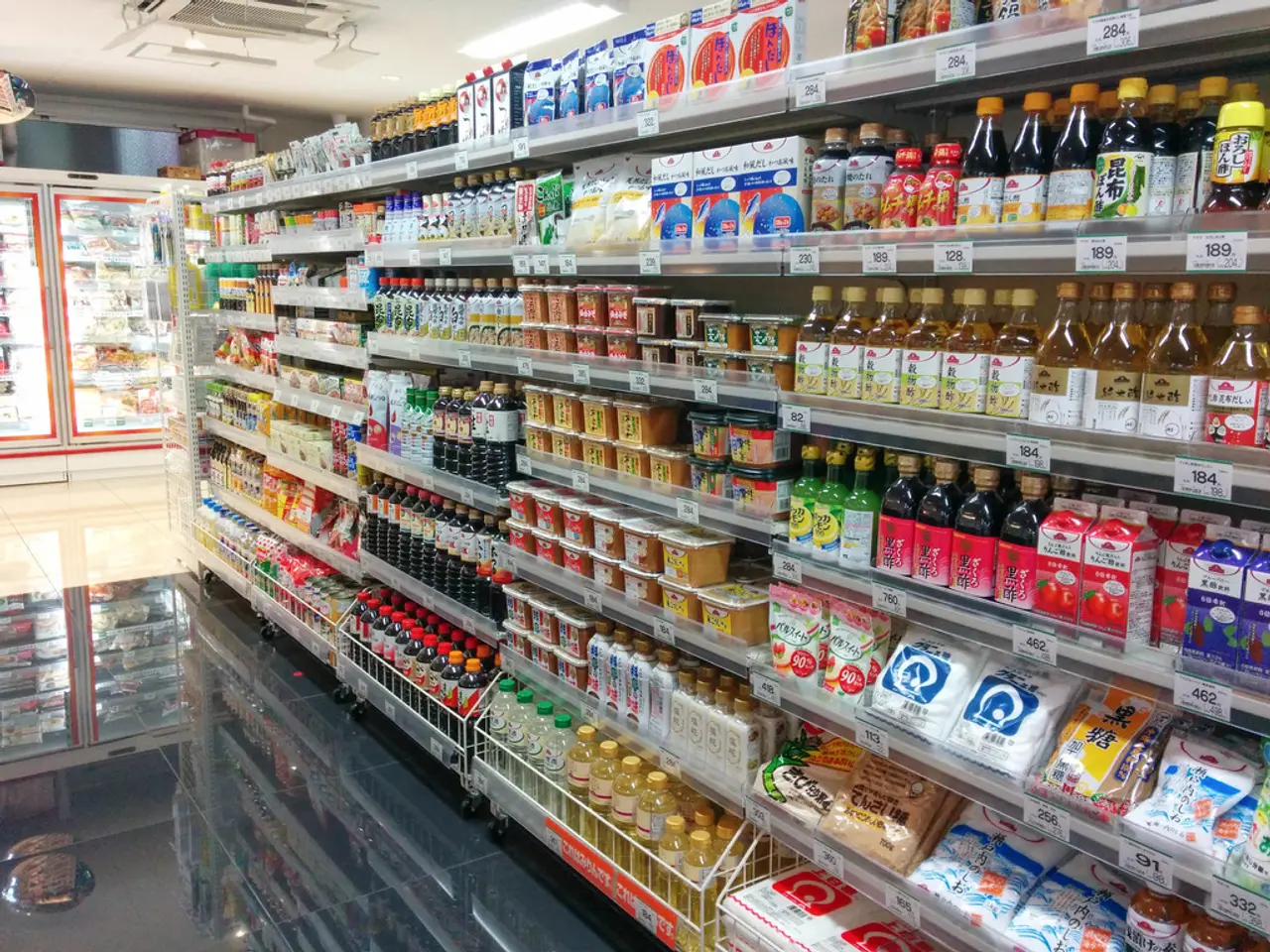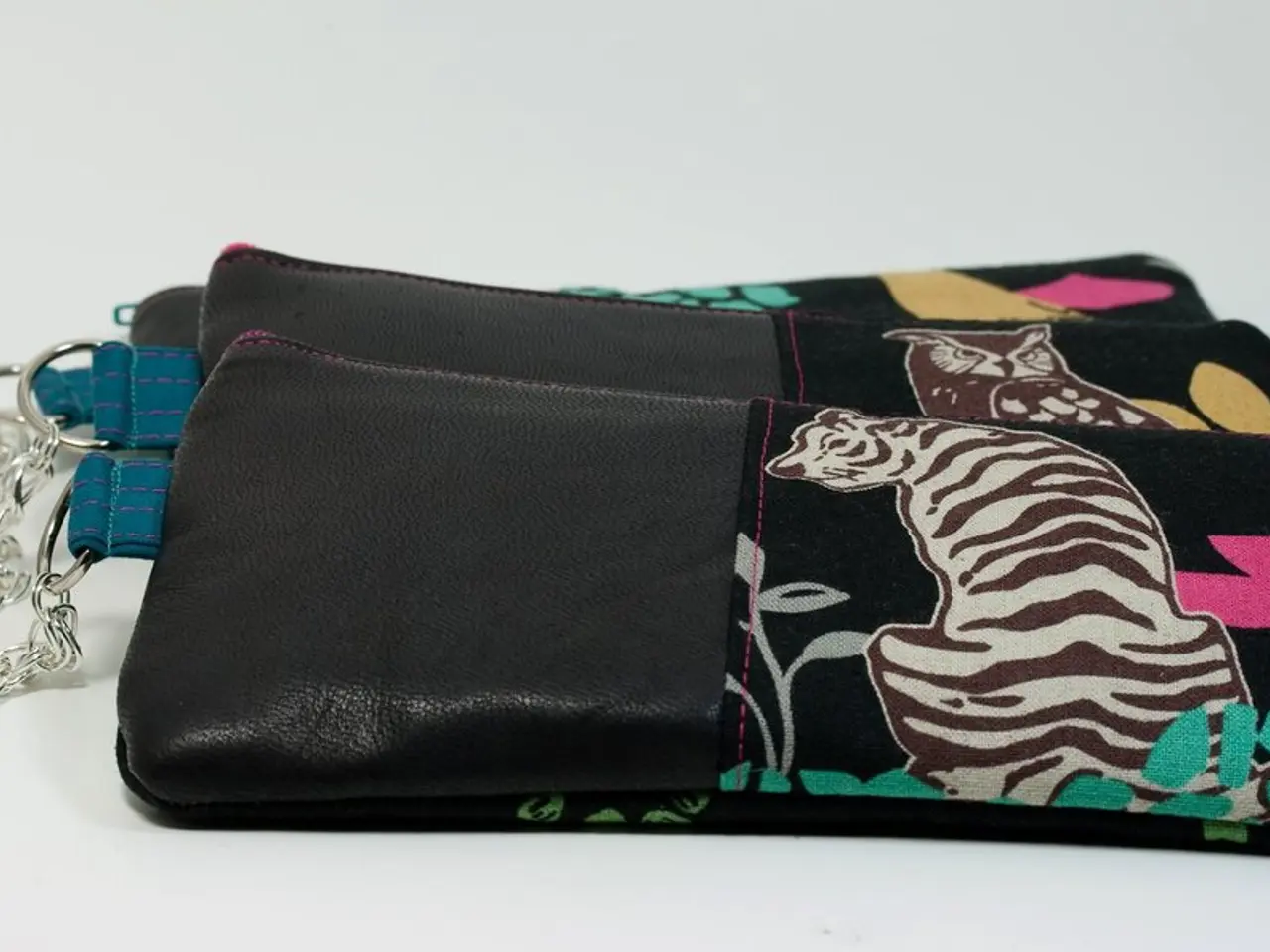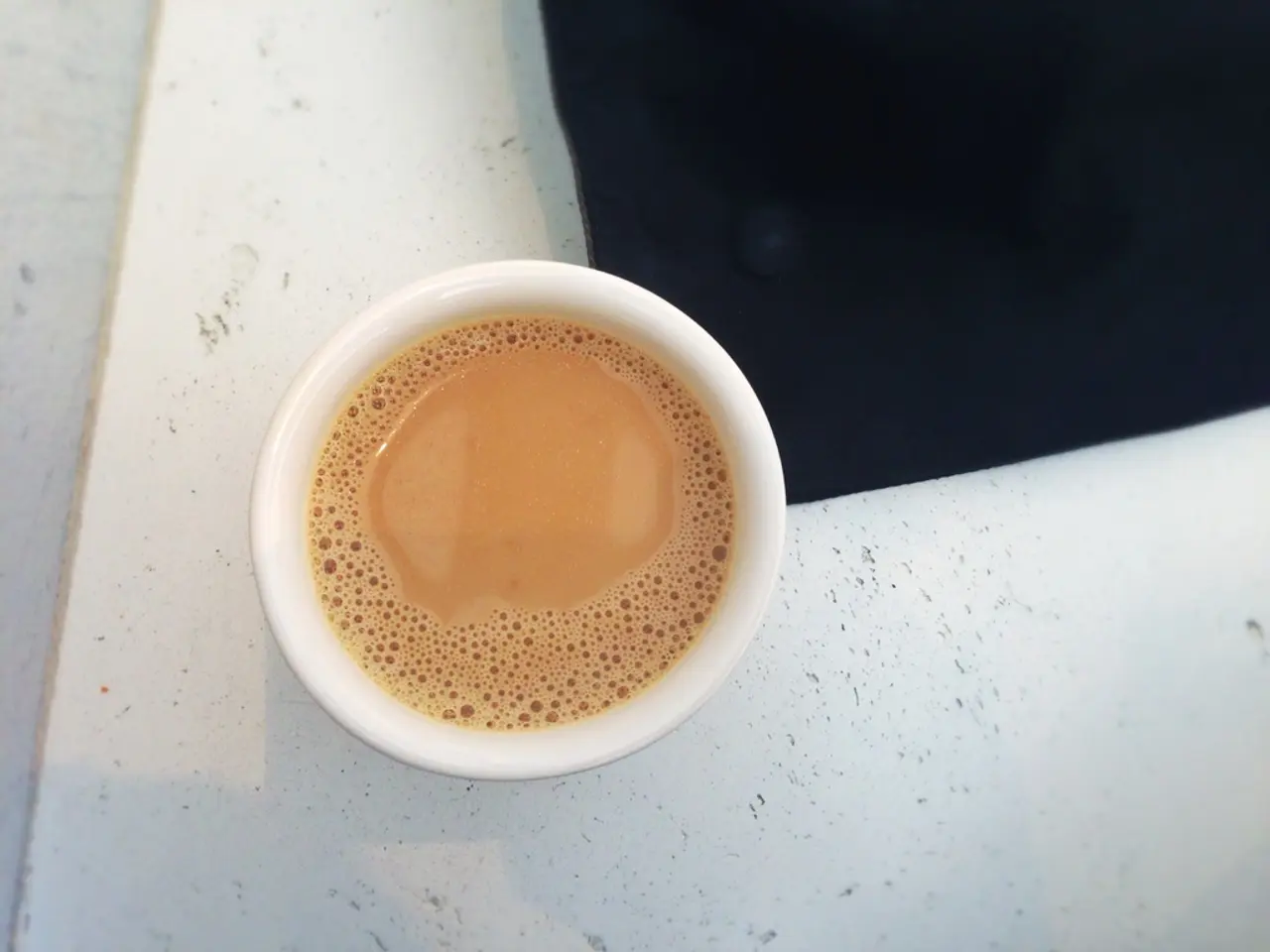Artists' Final Plea Denied by Court Following Contrived Reconciliation over 'Fishrot Scandal' Suspected Involvement of Fishing Company
In a recent development, Icelandic artist Oddur Eysteinn ("Odee") has lost a final appeal to retain ownership of his conceptual artwork titled We're Sorry. The artwork, a fake UK-registered website mimicking Samherji’s official online presence, was created in 2023 as a satirical response to the Fishrot scandal—a 2019 corruption scandal that exposed bribery by Samherji to secure Namibian fishing quotas.
The legal dispute between Odee and Iceland’s largest fishing company, Samherji, has been ongoing since the website's creation. Samherji sued Odee in the UK High Court, arguing that We’re Sorry was not a legitimate artwork since it was a form of culture jamming—a kind of activism rather than art—thus challenging its protection under freedom of expression.
In November 2024, the UK High Court dismissed Odee’s appeal against earlier rulings. The court rejected his claim that his satire was protected artistic expression and sided with Samherji. Following the ruling, Odee, who resides in Norway, announced plans to appeal to the European Court of Human Rights, emphasizing the ongoing fight for free expression.
Thorsteinn Már Baldvinsson, Samherji’s then-CEO, expressed satisfaction with the result. However, Samherji has not responded to a request for comment regarding the ruling. Ewa van Der Merwe, from the International Lawyers Project, criticized Samherji for allegedly using litigation to suppress exposure of their leadership's role in the Fishrot scandal, providing Odee emergency legal support to defend against powerful corporate interests.
The Fishrot scandal involves a cache of over 30,000 documents leaked by a former Samherij employee in Namibia, detailing email correspondence suggesting that Samherji paid millions of dollars in bribes to high-ranking politicians and officials in Namibia for fishing quotas. This led to political fallout in Namibia and Iceland. The Icelandic District Prosecutor has concluded its inquiry into Samherji's activities in Namibia but has not decided whether any charges will be brought against any of the defendants. Ten accused Namibian officials have been detained for over five years.
The legal dispute between Odee and Samherji serves as a significant example of the intersection between freedom of expression, art, and corporate litigation in relation to a major corruption scandal. Additional lawsuits related to Fishrot, which allege further wrongdoing by Samherji, are expected to be heard in courts in both Europe and the Americas in the near future.
References: 1. The Art Newspaper, "Icelandic artist loses final appeal in legal dispute with Samherji," https://www.theartnewspaper.com/news/icelandic-artist-loses-final-appeal-in-legal-dispute-with-samherji 2. The Guardian, "Icelandic fishing firm Samherji accused of bribery in Namibia," https://www.theguardian.com/world/2019/nov/14/icelandic-fishing-firm-samherji-accused-of-bribery-in-namibia 3. The Art Newspaper, "UK court rules in favour of Samherji in legal dispute with Icelandic artist Odee," https://www.theartnewspaper.com/news/uk-court-rules-in-favour-of-samherji-in-legal-dispute-with-icelandic-artist-odee 4. The Art Newspaper, "Icelandic artist Odee plans to appeal UK court ruling in legal dispute with Samherji," https://www.theartnewspaper.com/news/icelandic-artist-odee-plans-to-appeal-uk-court-ruling-in-legal-dispute-with-samherji
- The ongoing legal battle between contemporary artist Oddur Eysteinn, also known as Odee, and Iceland's largest fishing company, Samherji, showcases the complex intersection of digital art, freedom of expression, and corporate litigation.
- In 2023, Odee created We're Sorry, a digital art piece that mimicked Samherji’s official website as a satirical response to the Fishrot scandal, highlighting the importance of contemporary art in addressing general-news topics like corruption and corporate misconduct.
- The financial implications of this lawsuit have raised concerns, with critics questioning the potential misuse of business resources for political purposes, particularly when powerful corporations, such as Samherji, employ such tactics to suppress free speech and artistic expression.
- Despite the UK High Court's ruling against Odee, the shift in the financing and support strategies for artists like him, facing legal battles with corporate entities, might lead to future discussions in the art, finance, politics, and general-news sector, shedding light on the role of contemporary art activism in raising public awareness about urgent social and environmental issues.




